On February 16, 2018, UMass Lowell Professor Rida Mirie passed away. Rida joined the faculty of the University of Lowell in 1986. His main area of research was in the modeling of water waves, specializing in the theory of solitary waves. He also contributed to early work on Buckyballs.
Rida loved teaching. While at Lowell, he taught Calculus, Differential equations, Numerical Analysis, and several graduate courses. It is estimated that in Differential Equations alone, he taught over 3,000 students. His lectures were sprinkled with anecdotes and jokes that related the theory to his other interests, including people, gardening and John Deere tractors.

Here is a typical student comment on his teaching:
Exceptional mind. It takes some time to learn how he thinks but once you’re there it is hilarious and informative at the same time. He is the only professor who has mastered the art of teaching without the need for a textbook. But you have to do your part – homework and taking a lot of notes. Will definitely take his class again.
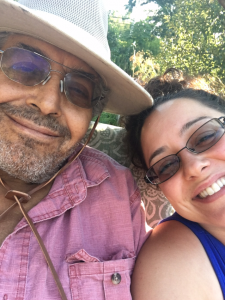
Rida was born in Beirut, Lebanon. He graduated from the American University in Beirut and earned a Ph. D in Applied Mathematics from Brown University in 1980.
He is survived by his daughter, Aysha Rida Mirie. We’ll miss Rida, particularly for his generosity and humor.
A daughter’s last words:
“ You can be as mad as a mad dog at the way things went. You could swear, curse the fates, but when it comes to the end, you have to let go” – Benjamin Button
I will truly miss my father’s full out belly laugh and his ability to never complain about life. He would often say “take it like a man” when things didn’t go as planned. My father was a true fighter for what he believed – in life, love and education. He challenged everyone: myself, his students and even his friends. He absolutely loved his land- tending to his fruit bearing trees, rose bushes, grape vines and often had numerous projects in the works.
I will find comfort remembering him relaxing on top of the grape pergola he built all by himself. (His last project)
He was a very proud man. To honor the remarkable man that he was, as you drive by his pergola “beep” your horn and find comfort as you picture a huge smile on his face.
If you would like to share memories of Rida, use the comments box below.
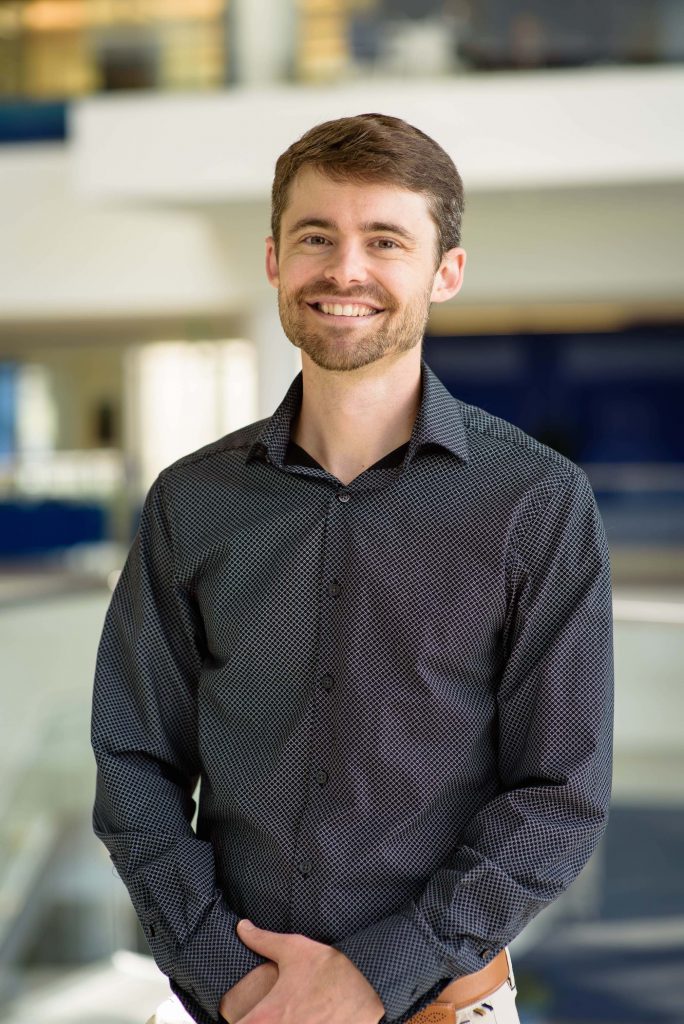
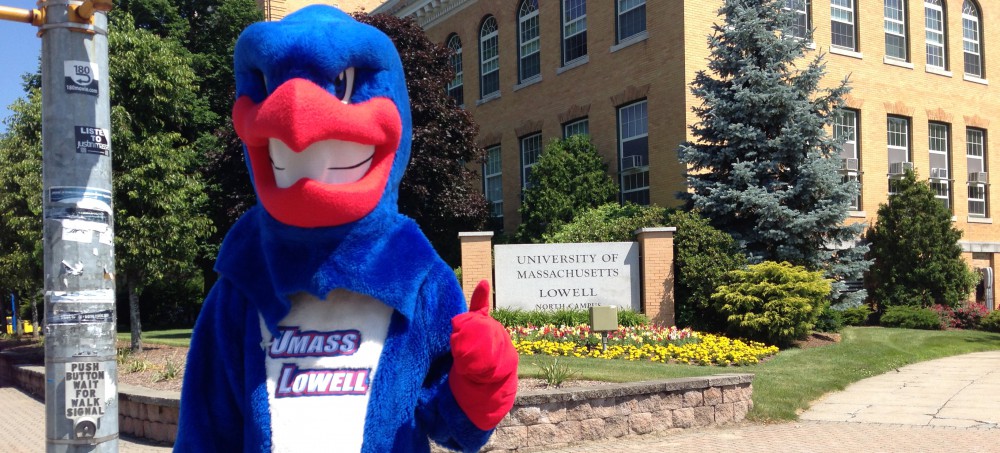
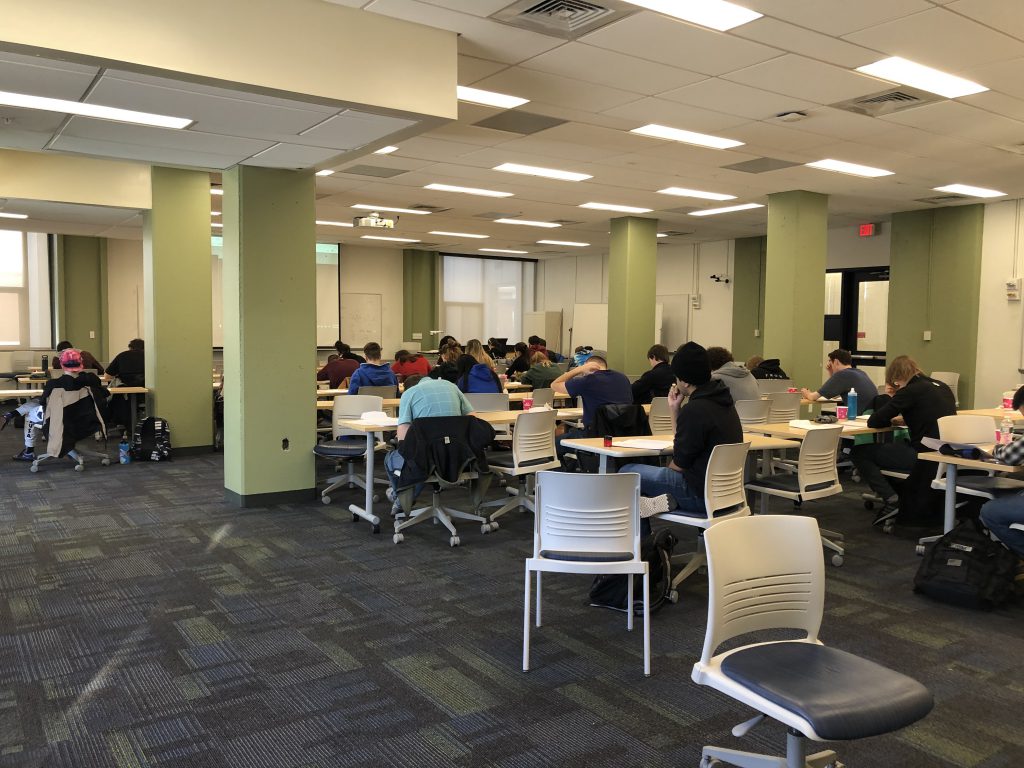
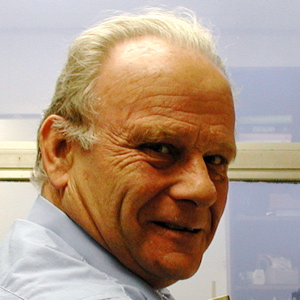
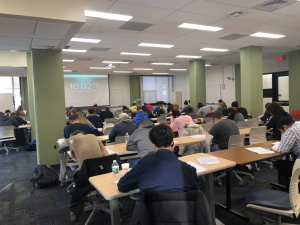


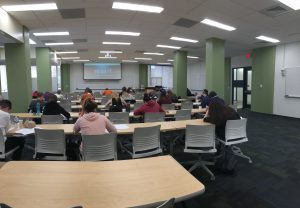
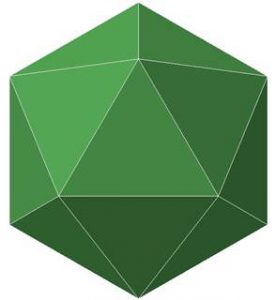
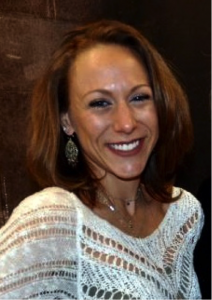
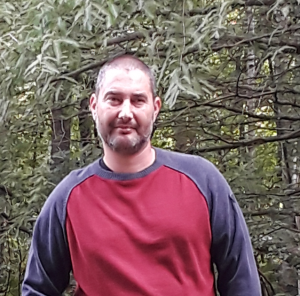
 Dr Guha’s research interest include Bayesian Modeling, Inverse problems, Uncertainty Quantification, High-dimensional Problems and Graphical Modeling.
Dr Guha’s research interest include Bayesian Modeling, Inverse problems, Uncertainty Quantification, High-dimensional Problems and Graphical Modeling.